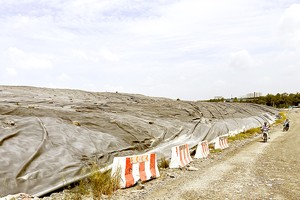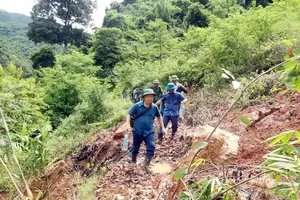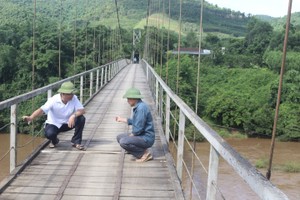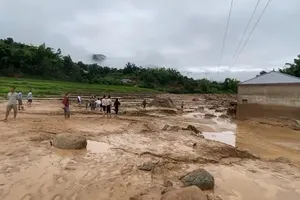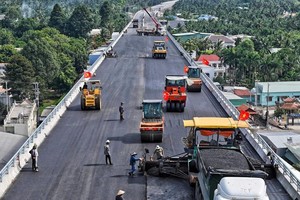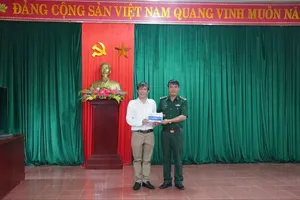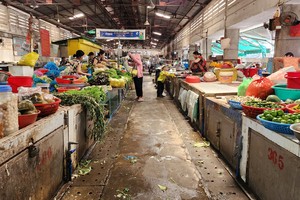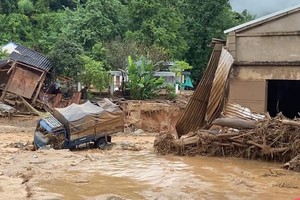World Wildlife Fund (WWF) has named Vietnam as one of the worst wildlife offenders on earth, an accusation that has raised objection from the CITES Management Authority of Vietnam, who blame WWF’s report for being highly biased and totally unsubstantiated.
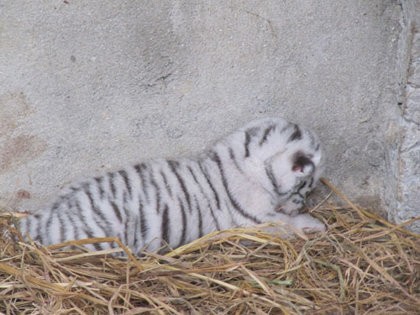
WWF’s recent report on the status of wildlife protection across the globe has ranked Vietnam on the list as worst offender for wildlife crime, especially in attempts to save the rhino and the tiger.
The organization has also provided pathetically poor ratings for Vietnam’s legal framework and has stated Vietnam as being the worst nation in controlling wildlife trade.
The CITES Management Authority of Vietnam has sent a firm rejection of the WWF report to the Ministry of Foreign Affairs and the Press Department under the Ministry of Information and Communications.
CITES Vietnam represents the Vietnamese Government in implementing rights and duties of a member country associated with the Convention on International Trade in Endangered Species of Wild Fauna and Flora (CITES).
Do Quang Tung, deputy head of CITES Vietnam, said the WWF report has tarnished the efforts made by Vietnam in implementing laws to fight wildlife trafficking in accordance with the international convention, of which Vietnam is a member.
Since 2000, Vietnam has deterred more than 50 cases of wildlife trafficking in tiger carcasses and hundreds of rhino horns coming into Vietnam. This proves that Vietnam is preventing wildlife trafficking on an international scale.
Vietnam only permits breeding of tigers in captivity but not for commercial trade. A pilot program for tiger-breeding in captivity was set up in 2007 under strict regulatory practices of CITES.
Vietnamese authorized organizations have regularly inspected and monitored tiger breeding projects and have not violated any regulations. For instance, tigers at the Trai Bo eco-tourist site in Dien Chau District of Nghe An Province have just produced two healthy tiger cubs.
WWF report is based on the estimation of only three species, that of the tiger, elephant and rhino. Besides, the report’s content is gathered information from unorthodox sources, non-government organizations, mass media and some individuals.
WWF has not consulted law enforcement agencies in countries and as a result, the report is not comprehensive enough to substantiate evidence, said Mr. Tung.
The organization simply based their report on the number of wildlife trafficking cases to rank Vietnam as the worst wildlife offender, with total disregard to the country’s efforts in implementing laws to prevent wildlife and wildlife products from being illegally traded and consumed.
According to Mr. Tung, this is not the first time WWF has issued such unsubstantiated claims and heedlessly damage Vietnam’s image and economic environment.
Earlier, WWF had listed Vietnamese pangasius and the African carp on its ‘Red List’ and later added the white-leg shrimp and pacific oyster as invasive species, without substantiating facts.
CITES Vietnam has disagreed with the one-sided and biased estimation of WWF and will ask for a more comprehensive statement on Vietnam’s efforts to protect its wildlife.

